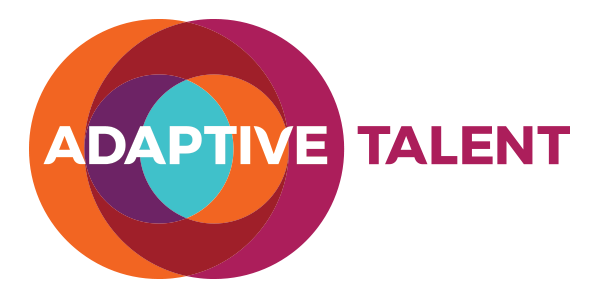I recommend reading this
article from the Management Innovation exchange on nurturing your culture to support and encourage people to do what’s right for the organization even if that means bending a few rules here and there.
“In her years making waves at the CIA (she recently retired from her position as director of the Center for the Study of Intelligence), Medina learned a lot about what it takes “to make a difference from the belly of the beast.” First, heretics need other heretics. Recalling her early encounters with the leaders of the Intellipedia project, Sean Dennehy and Don Burke, Medina says, “we found each other and formed the rebel alliance.” Second, iconoclasts may be inconvenient but they’re inevitable in any institution. Bank on it, Medina advises leaders in every realm of endeavour: “you all have heretics. They are not your enemy. They are trying to help you. They are not your problem—they are probably the start of your solution.
I asked bestselling author and serial troublemaker Seth Godin what it takes to make an organization safe for heretics. “There’s a big difference between religion and faith,” he said. “Religion is the set of rules created to maximize the chances that you will do what the manager wants you to do. A heretic is someone who has faith but could care less about religion.” I think this is true; purpose, values, desired customer and employee experience help employees stay “in tune” and aligned with what matters and then we need to develop each person’s capacity to have a positive impact on larger and larger stages. If you want an adaptable organization you need to foster this capacity for not just execution of the current plan but creative rejuvenation of every part of the business. Pushing decision rights to the right level and having a lightweight way to coordinate the governance and coordination across the organization are essential ways to fight bureaucracy.
Here’s my favourite quote: “The future doesn’t unfold top-down or center-out so much as bottom-up and outside-in. The organizations that are most hospitable to heretics find ways to lay out the welcome mat for fringe elements. Scour your organization and beyond for positive deviants, invite dissent in all of its forms, and stop trying to shape people to fit your mold—instead open yourself to how their distinct point of view, enthusiasms, and eccentricities might reshape you. Spend time with people who are not like you (and who you may not like). Hire “slow learners” (of the organizational code). Create an “artist-in-residence” (or scientist, or young person) position. Design a forum or a regular ritual for people to offer up dissenting points of view.”
How well is your organization set up to reinvent and renew itself without top down influence?
—

